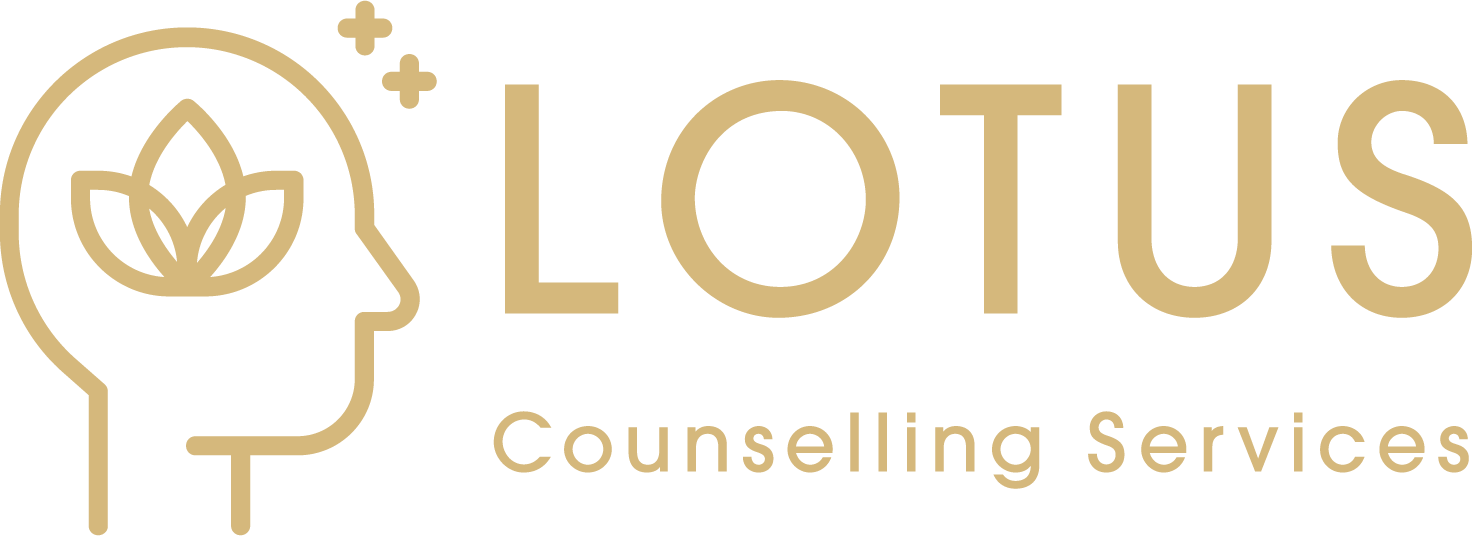5 Self-Care Practices for Managing Stress
In today’s world, stress has become an inevitable part of life. The ability to engage in a self-care practice is essential to maintain our mental, emotional, and physical well-being. At Lotus Counselling, we believe that self-care is not selfish—rather it’s necessary for your wellbeing in the face of life's challenges. In this blog post, we’ll explore five simple yet effective self-care practices for managing stress and nurturing your overall health.
Mindful Relaxation Techniques
Practice: Find a quiet, comfortable space and close your eyes or fix your gaze. Focus on your breathing, noticing the sensations of each inhale and exhale. You can also integrate this into progressive muscle relaxation by slowly tensing and then relaxing each muscle group, starting from your toes and working your way up to your head.
Benefits: This combined approach helps reduce stress by promoting deeper relaxation, increasing self-awareness, and fostering a sense of calm amidst chaos.
Regular Exercise
Activity: Engage in physical activities, such as walking, jogging, yoga, or dancing. Aim for at least 30 minutes of moderate exercise most days of the week.
Benefits: Exercise releases endorphins, which are natural mood lifters, and helps reduce the production of stress hormones like cortisol. It also improves sleep quality and boosts overall energy levels.
Healthy Nutrition
Practice: Prioritize nourishing your body with whole, nutrient-rich foods such as fruits, vegetables, lean proteins, whole grains, and healthy fats. Limit consumption of processed foods, sugary snacks, and caffeine.
Benefits: A balanced diet supports optimal brain function and mood regulation, helping to reduce stress levels and promote overall well-being. The is growing evidence to suggest that our gut is our ‘second brain’.
Sleep Hygiene
Practice: Establish a bedtime routine and creating an environment conducive to sleep is important to ensure quality sleep. Aim for 7-9 hours of quality sleep per night and attempt to maintain a regular wake time. Limit afternoon caffeine, take a shower to optimize body temperature, minimize exposure to screens (or blue lights) before bedtime, and get 15 minutes of morning sun exposure to help your circadian rhythm.
Benefits: Good sleep hygiene enhances mental clarity, emotional resilience, and physical health, reducing the vulnerability to stress.
Prioritizing Boundaries
Practice: Set boundaries around your time, energy, and relationships to prevent burnout and overwhelm. Learn to say no to commitments that don't align with your values or priorities and ensure you are unplugging from work in the evenings.
Benefits: Establishing boundaries helps protect your mental and emotional well-being, allowing you to focus on activities that bring you joy and fulfilment.
Incorporating these self-care practices into your daily routine are great tools to manage stress and foster resilience in the face of stress. By prioritizing mindfulness, exercise, sleep hygiene, good nutrition and healthy boundaries, you can cultivate a lifestyle that promotes overall well-being and empowers you to navigate stress. Remember, self-care is not a luxury—it’s a necessity for living a healthy, balanced life. Give us a call today to start your healing journey.

